Episodes
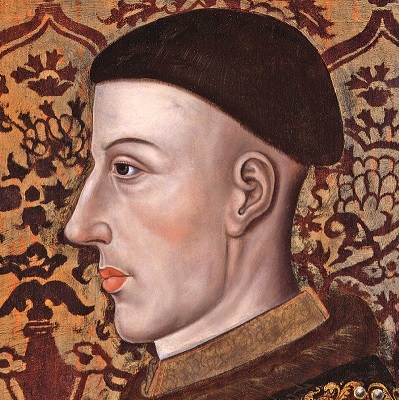
Tuesday Aug 21, 2018
Courage, Henry V, and St. Crispin's Day Eve with Dr. Glenn Arbery
Tuesday Aug 21, 2018
Tuesday Aug 21, 2018
On October 25 here at Wyoming Catholic College, it is tradition for someone to stand on a cafeteria table at lunch and ask in a loud voice, “What’s he that wishes so? My cousin Westmoreland?”
October 25 is St. Crispin’s Day and those two questions begin the St. Crispin’s Day speech given by King Henry in Act IV, Scene iii of Shakespeare’s play “Henry V.”
Henry of England, having invaded France is faced with a decisive battle in which he is badly outnumbered. In discussing the situation, the Duke of Westmoreland wishes for more troops. Henry’s response takes him by surprise: I’d just as soon there were fewer.
Dr. Glenn Arbery explains how this play and the speech teach us about courage on this edition of The After Dinner Scholar.
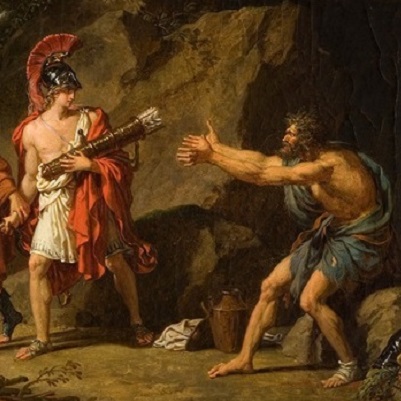
Tuesday Aug 14, 2018
Lecture - Courage and "The Cure at Troy" by Dr. Virginia Arbery
Tuesday Aug 14, 2018
Tuesday Aug 14, 2018
Hercules, that greatest of all Greek heroes, possessed a mighty and magical bow that bequeathed to a man named Philoctetes.
Sailing from Greece to invade Troy and bring back Helen, Philoctetes received a wound on his foot that became foul and festering. So foul and festering that people couldn’t stand being near him and so the decision was made to maroon him alone on a deserted island with his bow.
But the Trojan War went badly for the Greeks and they knew that they could not win without Philoctetes’ bow. The question was how to get it back from Philoctetes who, after ten years on his island, was bitterly angry at Odysseus and the other Greek leaders who had left him.
At the Wyoming School of Catholic Thought, Dr. Virginia Arbery discussed the story of Philoctetes in modern Irish author Seamus Heaney’s play “The Cure at Troy.”
Here are her remarks.
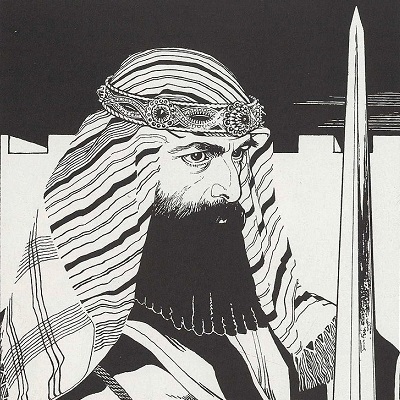
Tuesday Aug 07, 2018
Tuesday Aug 07, 2018
“Have I not commanded you?” God said to Joshua, “Be strong and of good courage; be not frightened, neither be dismayed; for the Lord your God is with you wherever you go.”
The Bible, to no one’s surprise, is filled with examples of courage. Moses stood up to Pharaoh, David ran to battle Goliath with nothing but a sling and a few stones, Elijah called out King Ahab, Peter stood up to the Sanhedrin and eventually the Roman authorities who put him to death. G. K. Chesterton, commenting on Jesus praying in the Garden of Gethsemane said, “Alone of all creeds, Christianity has added courage to the virtues of the Creator.”
At the Wyoming School of Catholic Thought in June, Dr. Jim Tonkowich spoke about the meaning of courage in the Bible, focusing on the Old Testament story of Joshua.
Here are his remarks in their entirety.
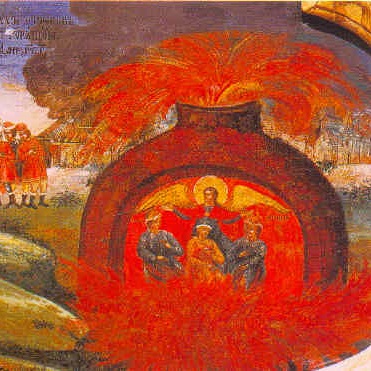
Tuesday Aug 07, 2018
Courage in the Face of Flood, Flames, and Fangs with Dr. James Tonkowich
Tuesday Aug 07, 2018
Tuesday Aug 07, 2018
The religions of the Babylonian Empire and the Persian Empire that followed it were, from a Jewish point of view, idolatry pure and simple. Bowing down to a giant golden image, praying only to the king were unacceptable to those who worshipped the Lord, God of Israel.
Daniel along with his companions—Shadrach, Meshach, and Abednego—however, were captives in those empires. Because of their intelligence and the grace of God, they were given special privileges and responsibilities as part of the government of the empires. But they could have been demoted from satrap to slave in about two seconds. Or from satrap to pile of hot ashes or lion food in just a bit longer than two seconds.
At the Wyoming School of Catholic Thought in June, Dr. Jim Tonkowich lectured about the meaning of courage in the Bible and then led a discussion about courage in the Book of Daniel.
In this podcast, Prof. Kyle Washut interviews Dr. Tonkowich on the topic of courage in the Bible and the Book of Daniel.
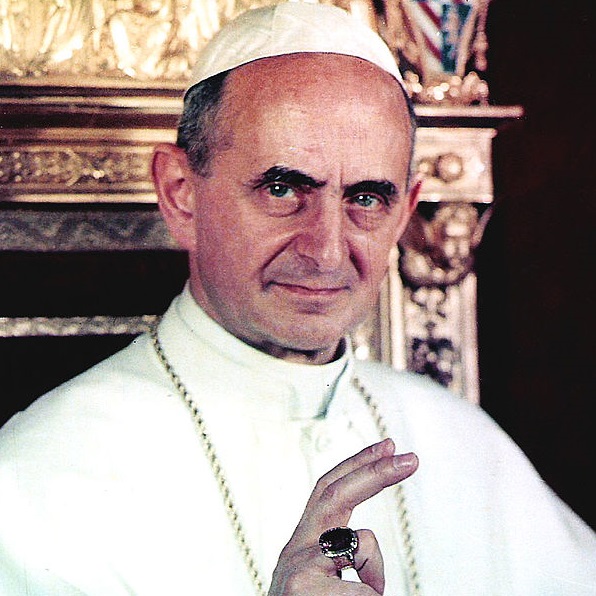
Tuesday Jul 31, 2018
Tuesday Jul 31, 2018
For most American Christians, contraception is simply a part of life requiring no more thought than whether to eat lunch or bathe regularly. It’s just done. What most don’t know is that for more than 1900 years, every Christian church taught that artificial contraception was a grave sin.
That changed in 1930 when the Anglican Communion ruled that contraception by married couples in certain limited circumstances was permissible. In 1931, the Federal Council of Churches—precursor to the National Council of Churches—followed suit.
Thirty-seven years later, on July 25, 1968, fifty years ago, Blessed Paul VI promulgated his encyclical Humanae Vitae, restating what Christians had believed for nearly two millennia. His rejection of artificial birth control was met with shock “Where did the pope get these ideas?” with anger “How dare he?” and with dissent that fifty years later continues to plague the Church and the world. Today, Humanae Vitae continues to be an encyclical that is as vilified and unheeded as it is unread.
Wyoming Catholic College theologians, Dr. Kent Lasnoski and Dr. Jeremy Holmes discuss what Paul VI actually said and why it matters this week on The After Dinner Scholar.
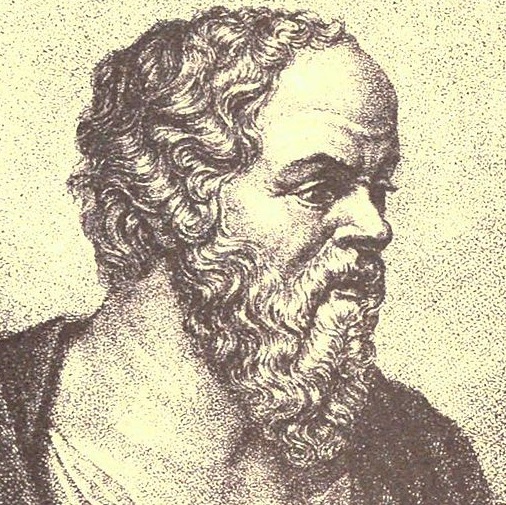
Tuesday Jul 24, 2018
Socrates' Apology: Courage or Comedy? by Dr. Virginia Arbery
Tuesday Jul 24, 2018
Tuesday Jul 24, 2018
In court, on trial for his life, Socrates begins his defense saying, “I do not know, men of Athens, how my accusers affected you; as for me, I was almost carried away in spite of myself, so persuasively did they speak. And yet, hardly anything of what they said is true.”
This summer, we’ve been featuring interviews and lectures from The Wyoming School of Catholic Thought with its theme “The Paradox of Courage.”
This week, Dr. Virginia Arbery considers Socrates Apology, which in no way apologizes for anything. His apologia is his defense in the court of Athens that will, in fact, condemn him to death for not believing in the gods and for corrupting the youth of Athens. Is Socrates courageous before the court? Or would Aristotle, for example, consider him simply rash, bring about an avoidable death penalty?
Here is Dr. Arbery’s lecture in its entirety to help you decide.
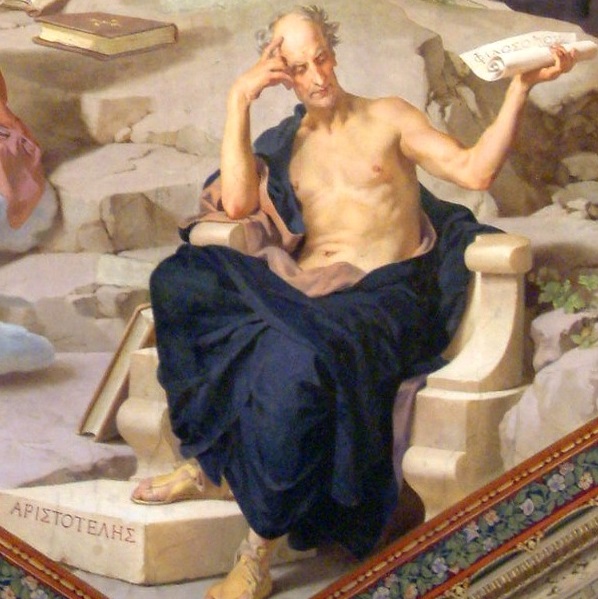
Tuesday Jul 17, 2018
Full Lecture: Courage and the City in Aristotle by Prof. Kyle Washut
Tuesday Jul 17, 2018
Tuesday Jul 17, 2018
“Let us train boys from earliest childhood to be patient when they suffer wrongs themselves,” wrote St. John Chrysostom in the late fourth century AD, “but, if they see another being wronged, to sally forth courageously and aid the sufferer in fitting measure.”
How to raise children to be good and courageous adults is a perennial question. Our civilization requires good and courageous adults and the Church requires good and courageous adults as well.
Some 800 years before St. John Chrysostom, Plato and then Aristotle asked how we form boys in to courageous young men.
At June’s Wyoming School of Catholic Thought, Professor Kyle Whashut discussed what Plato and Aristotle had to say on the issue. Here is his lecture in its entirety.
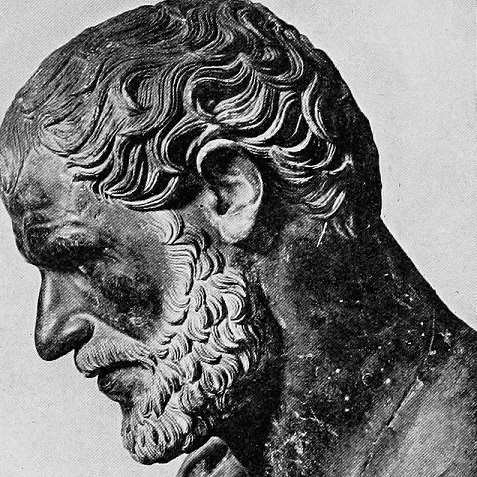
Tuesday Jul 17, 2018
Tuesday Jul 17, 2018
Kyle Washut was part of the work crew at that first Wyoming School of Catholic Thought. He spent his days listening in as he set tables, washed dishes, and scrubbed. At the end, he did the final clean up while Fr. Schall and the other faculty chatted over a steak dinner.
At this year’s Wyoming School, Professor Kyle Washut did not set table. As a presenter, one of his topics was courage in Plato’s Laches and in Aristotle’s Nichomacean Ethics. And it turns out that the question Plato and Aristotle addressed in the fourth century BC is critical even—or perhaps critical especially today: How do we form men out of boys? What kind of cultivation is required?
Professor Washut is our guest this week on The After Dinner Scholar.
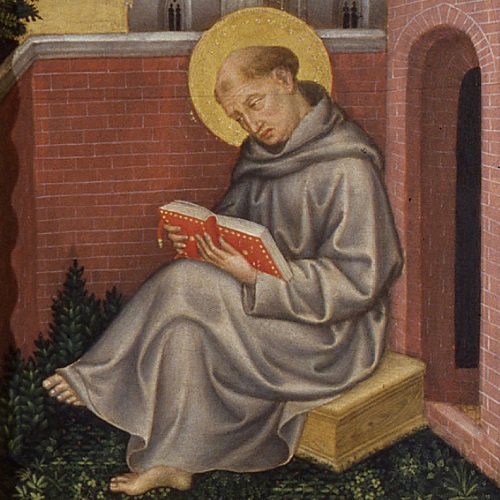
Tuesday Jul 10, 2018
St. Thomas Aquinas and the Emotion of Courage with Dr. Stanley Grove
Tuesday Jul 10, 2018
Tuesday Jul 10, 2018
According to St. Thomas Aquinas, courage is an emotion before it’s a virtue. It’s something that arises in us naturally when we are faced by something we perceive as evil.
At the Wyoming School of Catholic Thought, we discussed St. Thomas’s understanding of the emotion or passion of courage with the help of Dr. Stanley Grove.
Dr. Grove pointed out that the passions are buried deep down in Thomas’s understanding of human nature. Through our rational nature, we take the world in with our intellect and reach out to the world with our will.
We sense the world through the animal aspect of our nature, that is the part we share with other animals who, while they are not in the image of God, also have bodies and live in the physical world. This includes our senses and our emotions or passions.
Dr. Grove is our guest for this After Dinner Scholar.
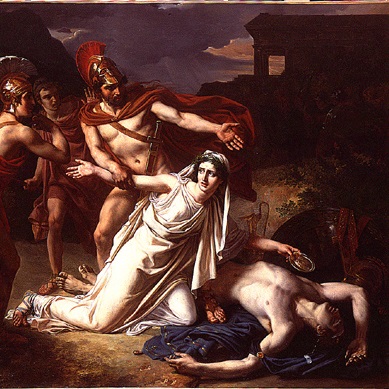
Tuesday Jul 03, 2018
Courage and Antigone's Choice by Dr. Virginia Arbery
Tuesday Jul 03, 2018
Tuesday Jul 03, 2018
“Antigone,” written by the Athenian poet Sophocles in the fifth century BC poses a dilemma: What do we do when the government says one thing, but God—or in this case the gods—say otherwise?
In the play Antigone’s two brothers, Eteocles and Polyneices, chose opposite sides in the civil war in Thebes. In battle the two brothers kill each other just as the side Eteocles chose wins the war. The victorious new ruler, Creon, decrees that Eteocles will be honored as a great hero and buried with all dignity and holy rites.
As for Polyneices’ body, Creon says, “it has been proclaimed to the city that no one honor with a tomb or lament with cries, but let him lie unburied, his body devoured by birds and by dogs and mangled for the seeing.” Disobedience will be punished by death.
But the gods decree the dead should be buried. “That one I shall give rites,” says Antigone, “It is noble for me to die doing this.”
Dr. Virginia Arbery taught a class on Antigone and her courage at The Wyoming School of Catholic Thought. Here are her comments.

